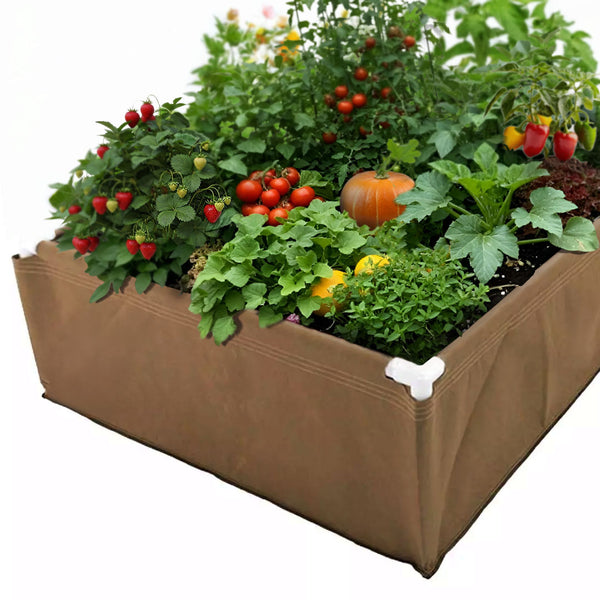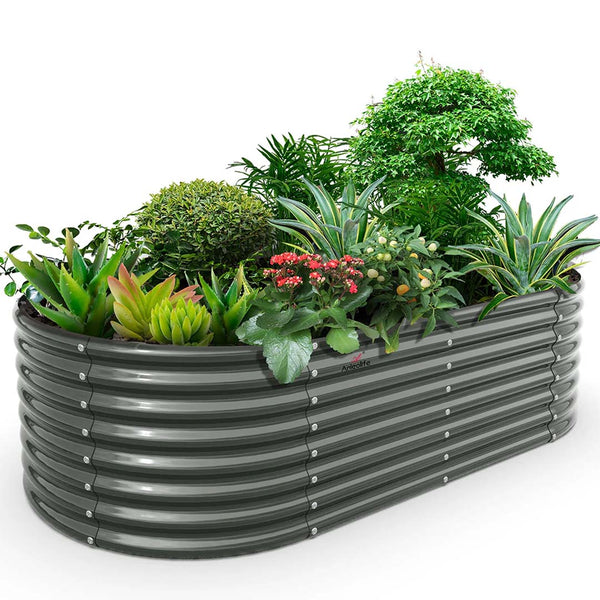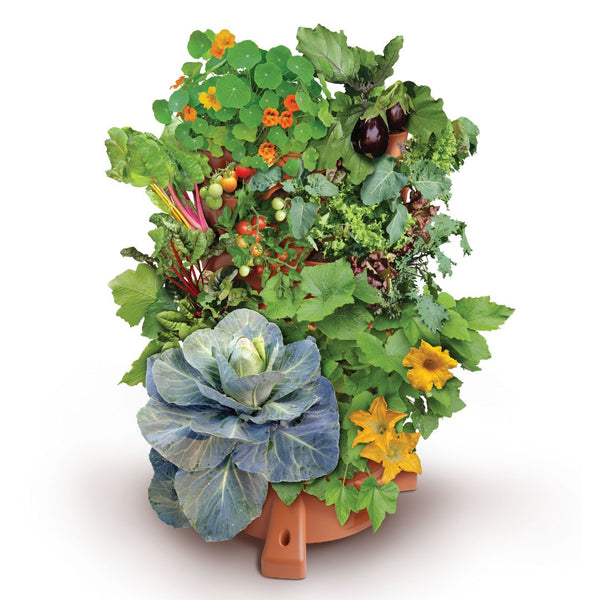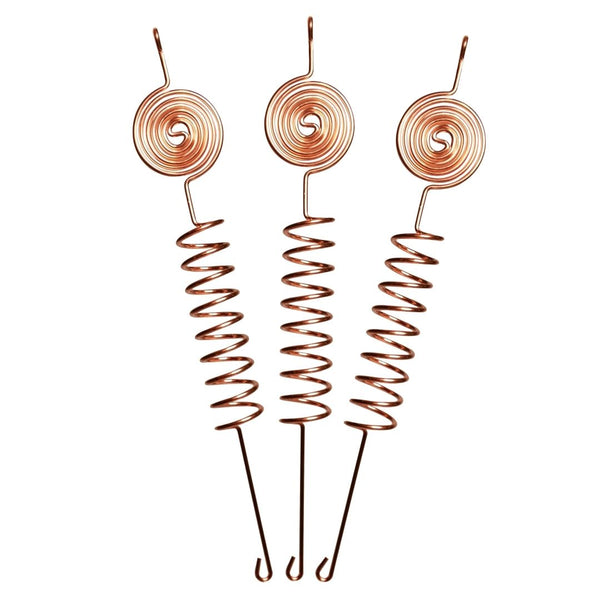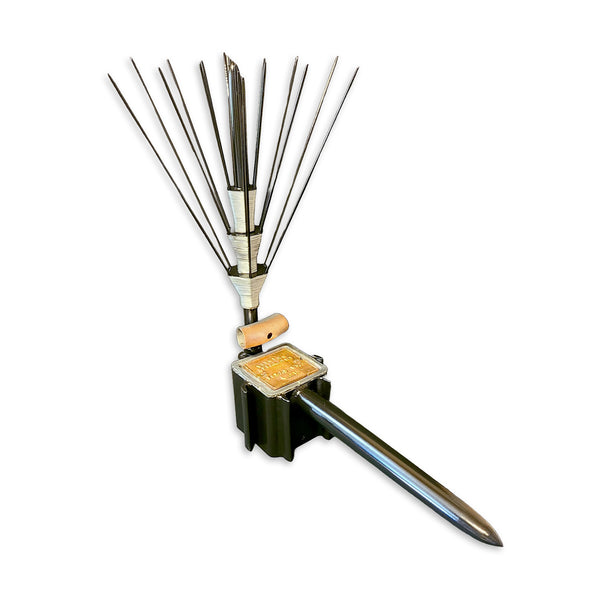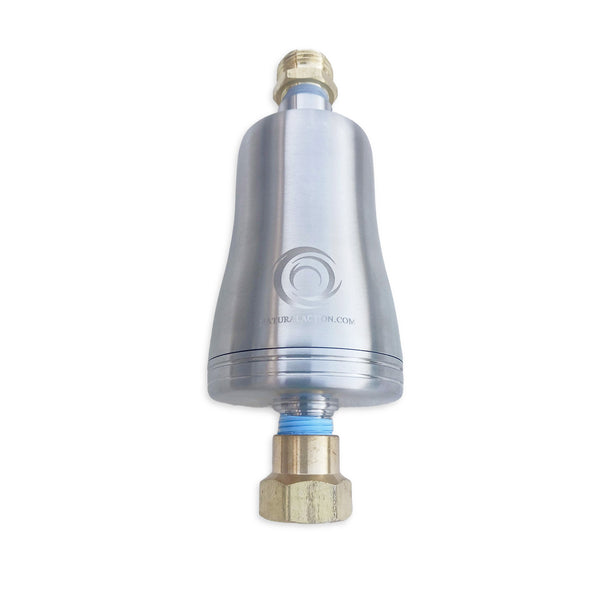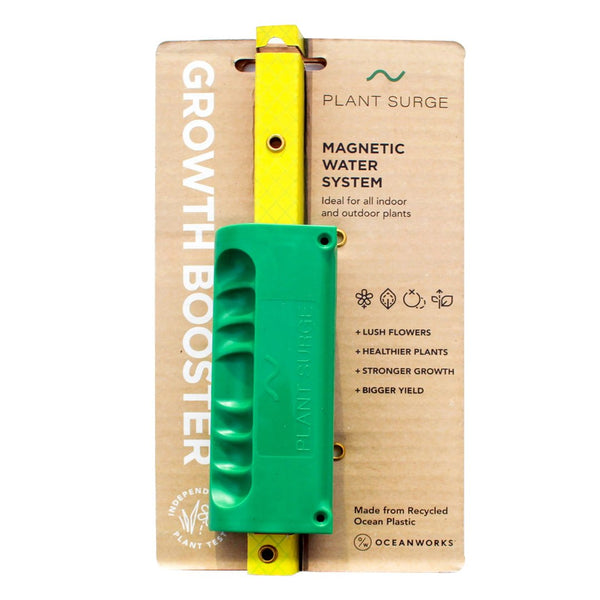The Carbon Time Machine: How This Biochar Creates Ancient Soil Fertility In Just One Season

Why Choose Activated Biochar
In our quest for a lush, eco-friendly garden, we often look for fixes to boost soil health without harming the planet. Enter activated biochar—a secret weapon in our gardening arsenal.
Upping the Soil Game
Activated biochar is a game-changer when it comes to boosting soil vitality. Made through pyrolysis (fancy word for cooking organic stuff without air), it turns plant matter into a carbon-rich super charcoal, holding a treasure trove of goodness for the earth (Regeneration International). Besides sipping away the greenhouse gases, it also transforms what could be trash into pure garden gold, amping up crop outputs along the way.
Studies show biochar can pump maize yields up by as much as a quarter, especially in carbon-starved soils. Biochar's charm lies in its ability to cling to water and nutrients, helping your green babies thrive (Rosy Soil). When we sprinkle activated biochar on our soil, we’re essentially breathing life into it, boosting growth and resilience all around.
| Benefits of Biochar | Why It Matters |
|---|---|
| Boosts Water Retention | Keeps soil moist for longer stretches |
| Bumps Up Nutrients | Increases phosphorus, potassium, magnesium, and nitrogen |
| Adds Air to Soil | Encourages roots to spread and breathe |
| Locks Away Carbon | Could stash away as much carbon as 29 billion tons of CO2 in farms worldwide |
Perks of Biochar
Using biochar comes with a bundle of perks beyond healthy soil:
Natural Nutrient Source: Acts like a time-release capsule of goodness, feeding plants bit by bit, letting them grow strong without store-bought chemicals.
Green Impact: By tossing activated biochar into the garden, we're playing a part in battling climate change. Less pollution, more fresh air—what's not to love? (Rosy Soil).
Better Defense Against Nasties: Revving up microbial hustle in the earth helps plants shrug off bugs and rot, leading to more robust harvests.
Saving Water: Biochar's love for moisture means less sprinkler action, helping conserve our precious H2O.
Soil’s Best Friend: By fluffing up the soil and letting water run smoothly, biochar supports strong roots and keeps the ground from getting squeezed too tight.
When we talk sustainable gardening, activated biochar steps up as a must-have for healthy dirt and thriving crops. For more on bringing biochar into your plant-care routine, check out our guides on biochar for garden and biochar for soil.
Understanding Activated Biochar
Activated biochar is a dirt superhero, ready to boost your garden while being kind to Mother Earth. So let's break down how this black stuff gets made, what it does, and why you might want to sprinkle it around your plants.

Production Methods and Impacts
Okay, so to whip up activated biochar, we toss some biomass—like wood chips or plant scraps—into a thing called a pyrolysis machine. Think of it like a big oven that doesn’t let oxygen in. This process turns the raw materials into carbon-filled goodness. It's a smart move for the planet because, instead of letting that organic junk rot and puff out carbon dioxide, it captures carbon in a stable form within biochar. Plus, a ton of biochar traps carbon that'd otherwise balloon out as three and a half tons of CO2 if it were just left to rot.
Using biochar isn’t just a good deed for the earth's atmosphere. Sprinkle it on fields, and it makes the ground richer by raising the Soil Organic Carbon (SOC) and slashing nasty gases like methane and nitrous oxide that stockpile in the atmosphere. Who doesn’t like a crop yield bump of nearly 20%? Your plants will be doing the conga in no time!
| Production Method | Carbon Storage | Extra Harvest | Less Bad Stuff in Air |
|---|---|---|---|
| Pyrolysis | 1 ton biochar = 3.6 tons CO2 trapped | Crop growth up 19% | Methane down by 25 MT CO2-eq/year, Nitrous down by 20 MT CO2-eq/year |
Key Properties and Composition
Now, what makes this biochar the bee's knees for your soil? Well, it’s made up like a sponge, sucking in air and water, making your soil's crumbly mix just right. All those tiny holes mean it’s great at holding onto nutrients and being a motel for friendly microbes that help plants stay healthy.
Biochar isn’t just about carbon; it’s got a dash of nitrogen, phosphorus, and potassium too—basically a plant's favorite meal. Mixing it into the soil isn't just a one-trick pony. It leads to surging SOC levels, sometimes up by 30 to 85%. More of that good stuff means roots stretch out and plants blossom into the best versions of themselves.
| Property | Why It Rocks |
|---|---|
| Sponge-Like | Makes room for air and water |
| Big Surface Area | Grabs nutrients and houses awesome microbes |
| Filled with Carbon | Soaks up carbon, peps up soil |
| Nutrient-Rich | Packed with plant goodies like nitrogen, phosphorus, and potassium |
So, for greener thumbs and happier plants, get in on the biochar action. You’re not just doling out a favor to your garden, but you’re also being a planet pal in the process. Ready to give it a go? Swing by and peek at what biochar we’ve got for you.








